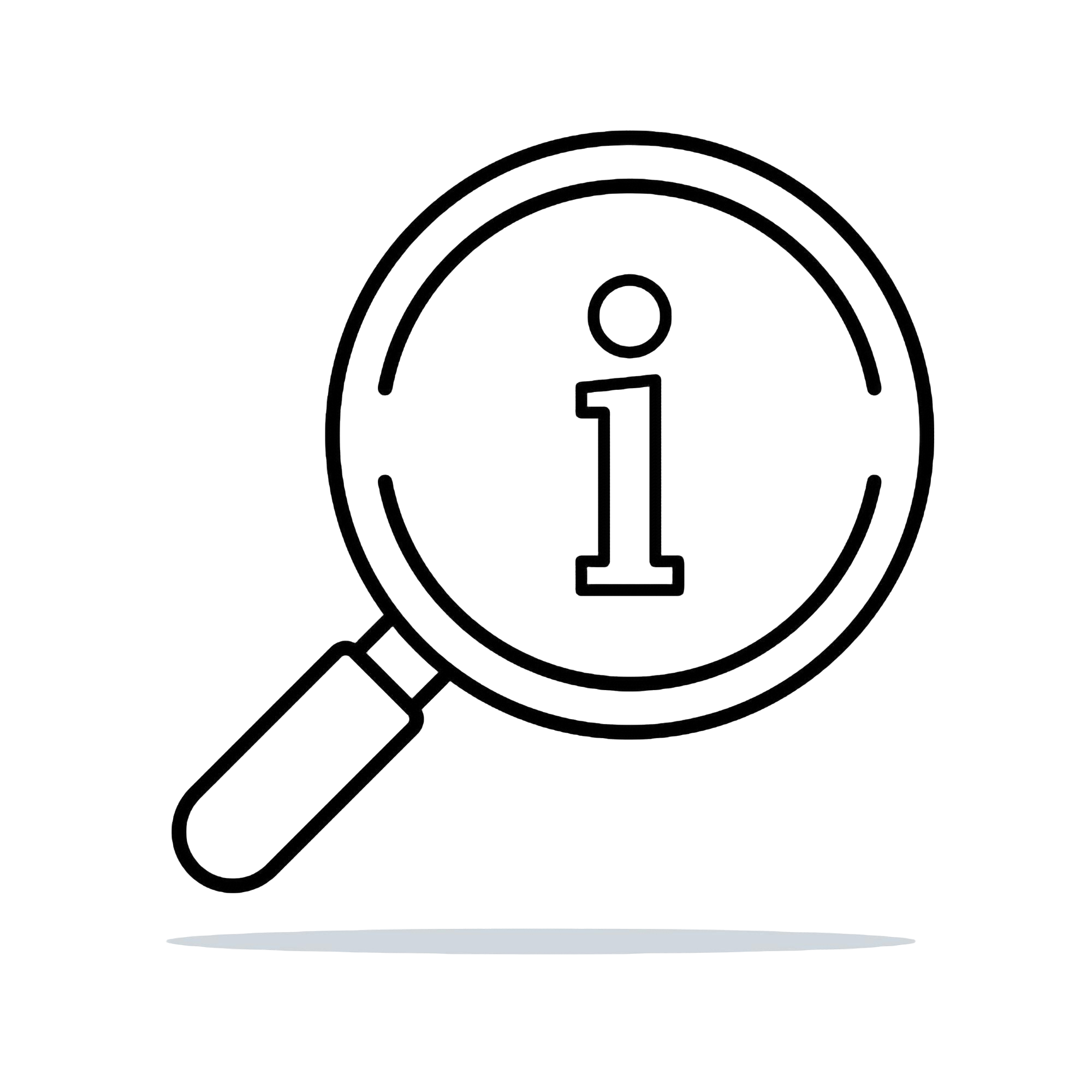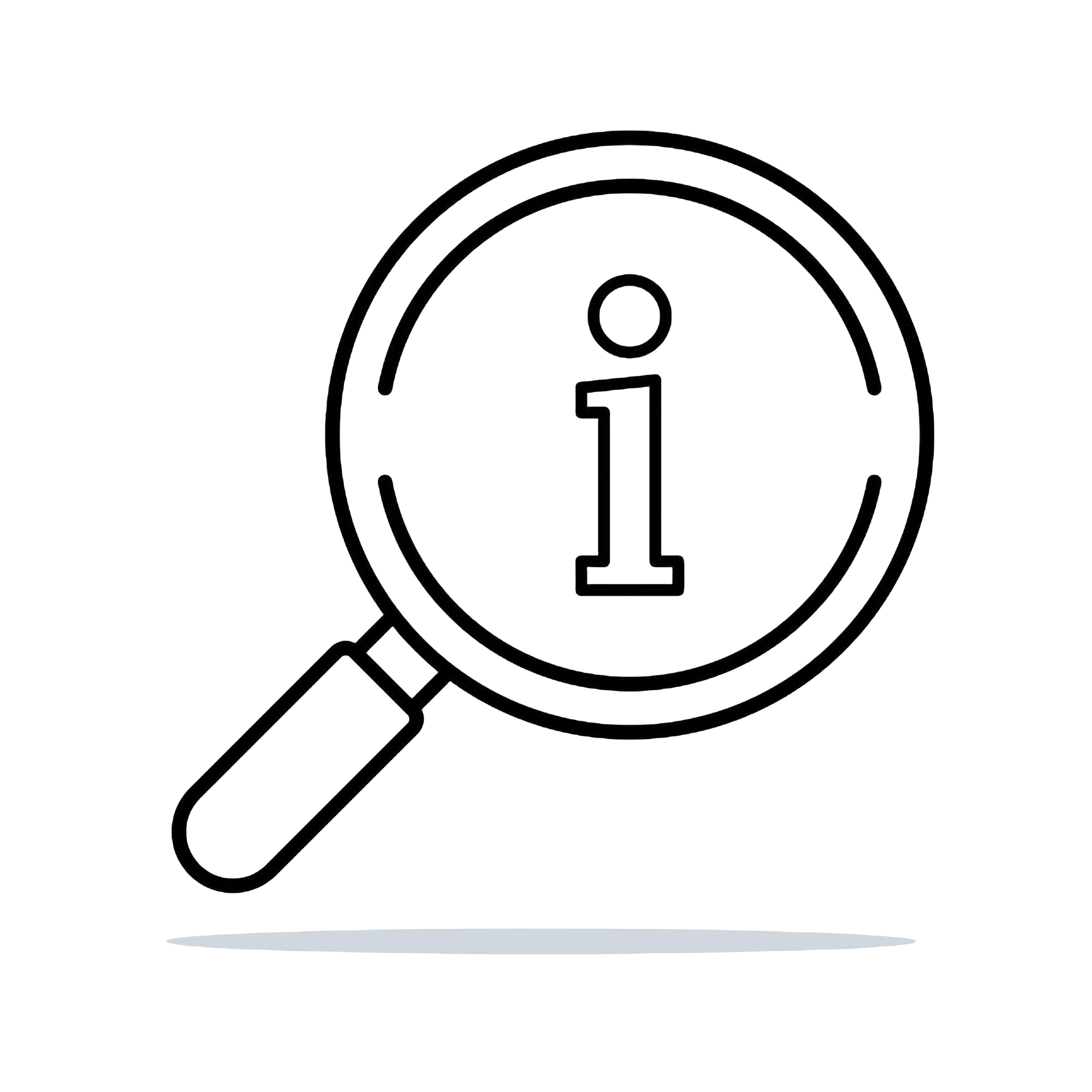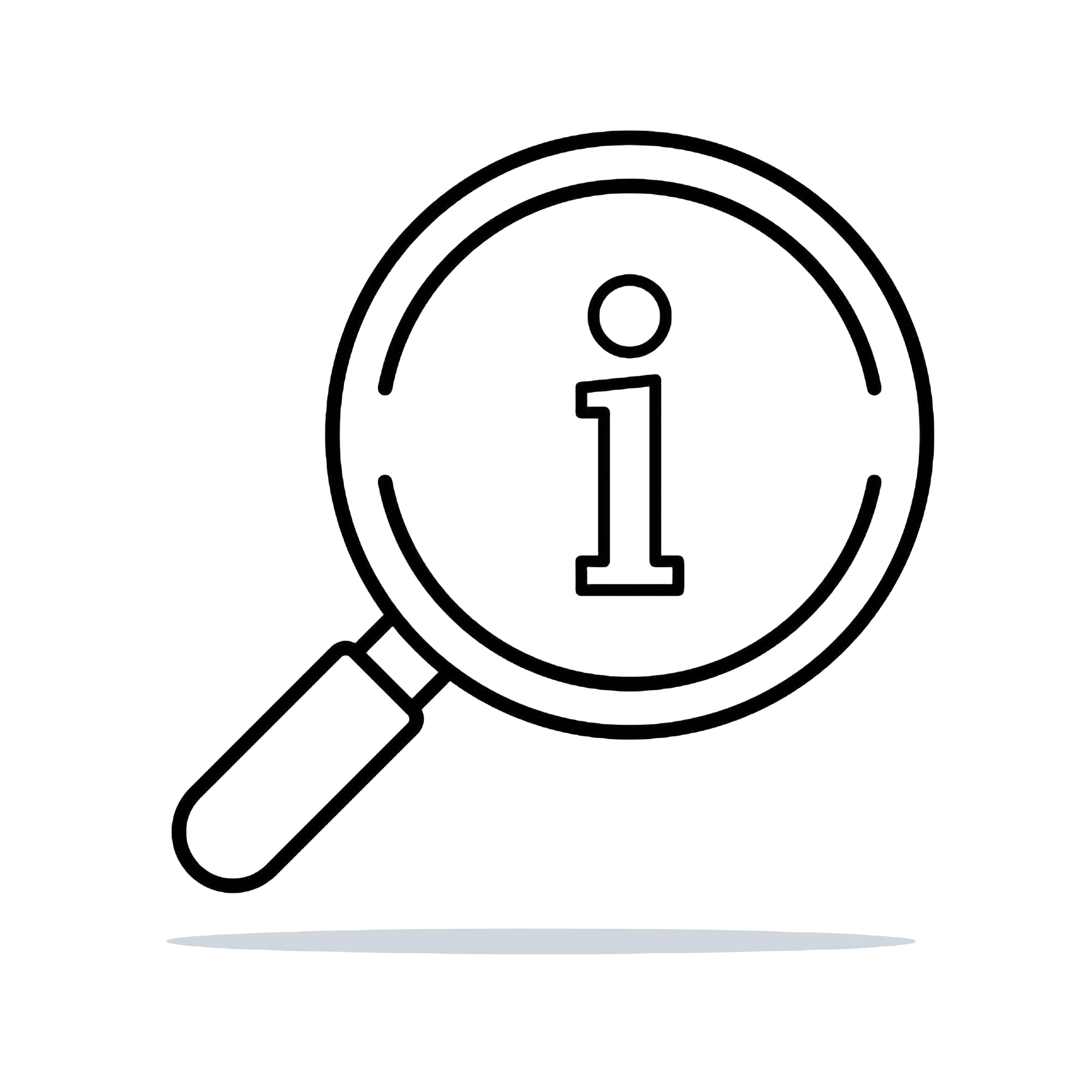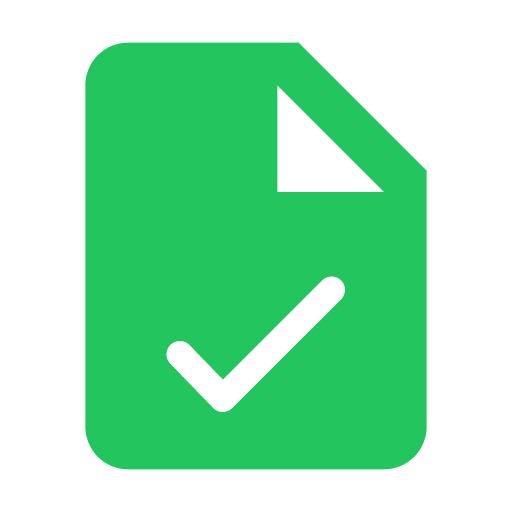Introduction
Social media platforms like Instagram, Facebook, and TikTok are an important part of modern life. Many people use them every day to connect with friends, share photos, and stay updated on news. However, there are different opinions about whether social media is good or bad. Here is some information to help you prepare for a debate about social media.
Debate Roles
Pro Role:
You will argue that social media is good and has many benefits.
Con Role:
You will argue that social media is bad and has many disadvantages.
Pro Arguments
Staying Connected:
- Social media helps people stay in touch with friends and family, even if they live far away.
- It allows people to share important moments and news instantly.
Access to Information:
- Social media provides quick access to news and information from around the world.
- It helps people stay informed about current events and trends.
Educational Resources:
- Many educational pages and groups on social media offer valuable learning materials.
- Students can join study groups and get help with homework.
Business Opportunities:
- Social media offers a platform for businesses to reach new customers.
- It is a cost-effective way for small businesses to advertise their products and services.
Creativity and Expression:
- Social media allows people to express themselves creatively through photos, videos, and writing.
- It provides a platform for artists, musicians, and writers to share their work.
Con Arguments
Privacy Issues:
- Social media platforms often collect and share personal information.
- Users' data can be used without their consent, leading to privacy breaches.
Cyberbullying:
- Social media can be a platform for bullying and harassment.
- Negative comments and messages can harm users' mental health.
Addiction and Time Management:
- Many people spend too much time on social media, which can affect their productivity.
- Excessive use can lead to addiction and impact daily life and responsibilities.
Misinformation:
- Social media can spread false information quickly.
- It can be difficult to distinguish between true and false news, leading to confusion.
Impact on Mental Health:
- Comparing oneself to others on social media can lead to feelings of inadequacy and depression.
- The pressure to maintain a perfect image can cause stress and anxiety.
Tips for a Successful Debate
For Both Roles:
- Research: Gather facts and examples to support your arguments.
- Practice: Rehearse your points and get comfortable with your arguments.
- Listen: Pay attention to what the other side is saying and respond thoughtfully.
- Stay Calm: Keep your cool, even if you disagree strongly.
For the Pro Role:
- Provide Examples: Give real-life examples of how social media has positively impacted lives.
- Highlight Benefits: Focus on the positive aspects and how they outweigh the negatives.
For the Con Role:
- Use Statistics: Share statistics about the negative effects of social media.
- Emphasize Risks: Highlight the dangers and long-term impacts of social media use.
Role-Playing Activity
Scenario:
One student will take the Pro Role, and the other will take the Con Role.
The Pro Role will start by presenting an argument, and the Con Role will respond.
Example Dialogue:
Pro Role: "Social media helps us stay connected with friends and family, no matter where they are."
Con Role: "While that's true, it can also lead to privacy issues. Social media companies often misuse our personal data."
Conclusion
Debating about social media helps you understand both its benefits and drawbacks. Remember to listen to the other side and provide strong arguments to support your position. Good luck!








